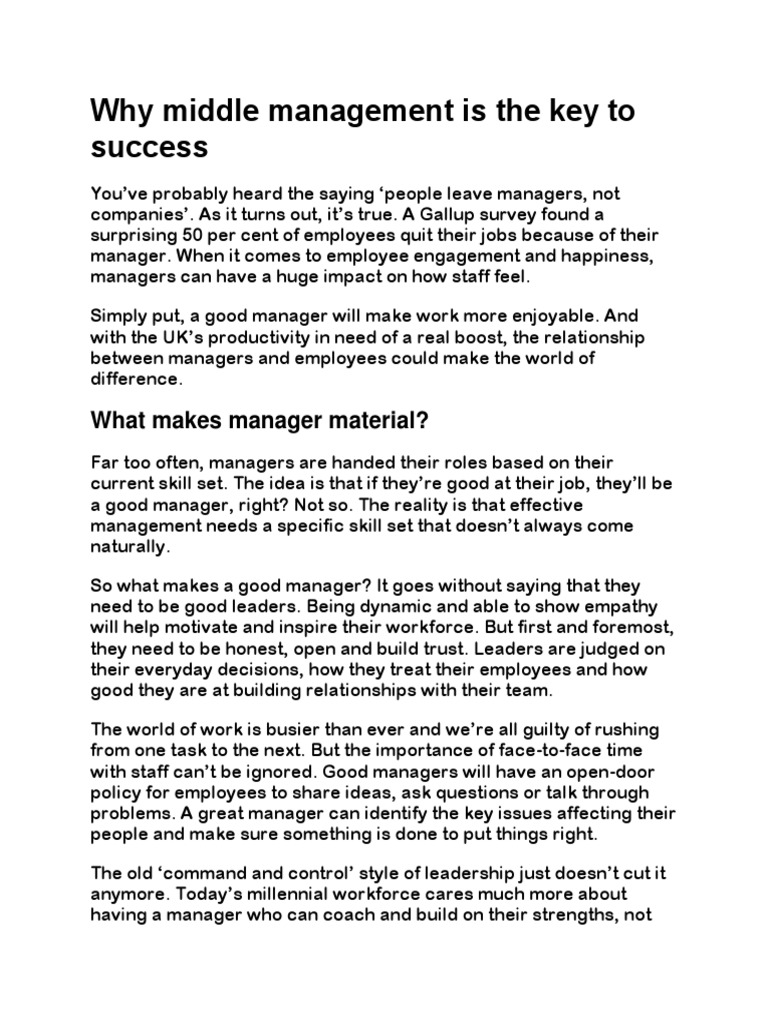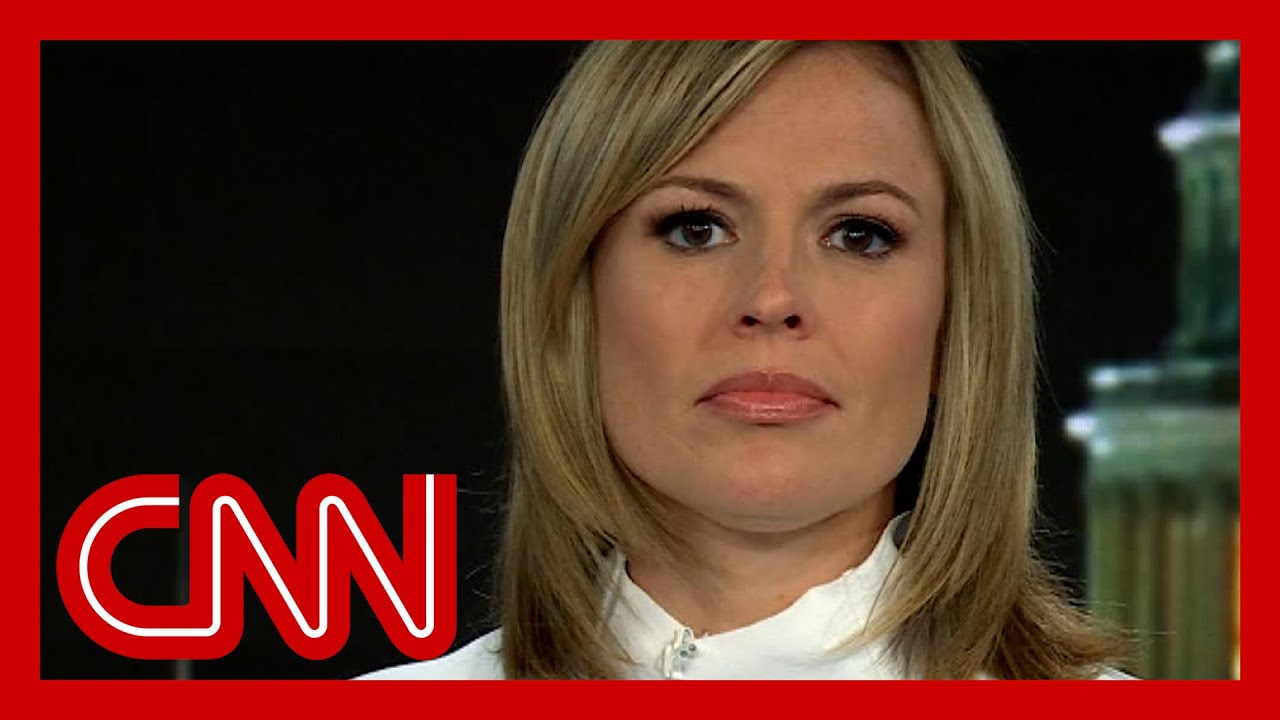Trump's Legacy: A Herculean Task For The Next Federal Reserve Chair

Table of Contents
The Inflationary Legacy of Trump-Era Policies
The Trump administration's economic policies have left a significant inflationary legacy for the next Federal Reserve Chair to contend with. Understanding these inflationary pressures is paramount to effective monetary policy.
Tax Cuts and Increased Spending
The 2017 tax cuts, while stimulating short-term economic growth, significantly increased the national debt. This increased debt, coupled with increased government spending, fueled inflationary pressures. The resulting budget deficit poses a long-term challenge to fiscal stability.
- Increased deficit: The tax cuts resulted in a substantial increase in the national debt, limiting the government's fiscal flexibility to respond to future economic downturns.
- Potential for future interest rate hikes: To manage inflation stemming from increased government spending and borrowing, the Federal Reserve may need to implement future interest rate hikes, potentially slowing economic growth.
- Impact on consumer spending: While tax cuts initially boosted consumer spending, the long-term effects of increased debt and potential interest rate hikes could negatively impact consumer confidence and spending.
Deregulation and Its Economic Effects
The Trump administration's deregulation efforts, while aiming to stimulate business activity, also carried significant risks. Reduced regulatory oversight across various sectors, from environmental protection to financial markets, may have unintended consequences for economic stability and inflation.
- Reduced environmental protections: Relaxing environmental regulations can lead to increased pollution and long-term environmental costs, ultimately affecting economic productivity and potentially leading to unexpected inflationary pressures.
- Financial market stability concerns: Reduced regulatory oversight in the financial sector may increase systemic risk and the potential for future financial crises.
- Impact on labor regulations: Changes to labor regulations could impact worker wages and benefits, influencing inflation and income inequality.
Navigating the Aftermath of Trade Wars
The Trump administration's trade wars significantly disrupted global trade and supply chains, leaving a complex situation for the next Federal Reserve Chair to navigate. Rebuilding international trust and cooperation will be a key priority.
Impact on Global Trade and Supply Chains
The imposition of tariffs on imported goods led to supply chain bottlenecks, increased prices for consumers, and uncertainty for businesses. These disruptions had a ripple effect throughout the global economy.
- Increased import tariffs: Tariffs increased the cost of imported goods, contributing to inflation and impacting businesses reliant on global supply chains.
- Supply chain bottlenecks: Trade disputes caused significant disruptions to global supply chains, leading to shortages and higher prices for various goods.
- Impact on international relations: The trade wars strained relationships with key international trading partners, impacting long-term economic cooperation.
Rebuilding International Economic Cooperation
Restoring trust and cooperation with international partners will be crucial for the next Federal Reserve Chair. This involves renegotiating trade agreements and addressing global economic imbalances.
- Rebuilding trust with allies: Repairing damaged relationships with international partners will be essential for restoring stability to global trade and fostering economic growth.
- Negotiating new trade deals: The next Federal Reserve Chair will need to play a role in shaping future trade negotiations, ensuring fair and mutually beneficial agreements.
- Addressing global economic imbalances: The Federal Reserve Chair will need to work with international partners to address global economic imbalances and promote sustainable economic growth.
Managing Economic Uncertainty and Potential Recessions
The economic conditions inherited from the Trump administration increase the risk of a recession. The next Federal Reserve Chair must be prepared to manage this uncertainty and address potential economic downturns.
The Risk of a Recession
Several factors, including high inflation and potential interest rate hikes, increase the risk of a recession. The Federal Reserve Chair will need to use various tools to mitigate this risk.
- Interest rate adjustments: The Federal Reserve may need to adjust interest rates to control inflation and prevent overheating of the economy, but this carries the risk of triggering a recession if not handled carefully.
- Quantitative easing: Quantitative easing, a tool used to inject liquidity into the financial system, might be necessary to prevent a sharp economic downturn.
- Fiscal policy coordination: Close cooperation with the government on fiscal policy will be essential to manage economic uncertainty.
Addressing Income Inequality
The Trump-era policies have exacerbated income inequality, presenting a significant social and economic challenge.
- Wage stagnation: Many workers have experienced wage stagnation despite economic growth, contributing to income inequality.
- Wealth concentration: The benefits of economic growth have been disproportionately concentrated among the wealthiest segments of the population.
- Social safety nets: The Federal Reserve Chair will need to consider the role of social safety nets in mitigating income inequality and promoting economic stability.
Conclusion
The next Federal Reserve Chair faces a formidable challenge in navigating the complex economic landscape shaped by Trump's legacy. Successfully managing inflation, addressing the repercussions of trade wars, and mitigating the risk of recession requires skillful leadership and decisive action. The decisions made by the next Federal Reserve Chair will significantly impact the American economy for years to come. Understanding the intricate economic consequences of the Trump administration is critical to preparing for the challenges facing the next Federal Reserve Chair and making informed decisions about the future of the US economy. It is crucial to stay informed about the ongoing developments in monetary policy and their potential impact on your financial well-being. Learn more about the challenges facing the next Federal Reserve Chair and the future of the US economy by researching further into the Federal Reserve Chair's role and responsibilities.

Featured Posts
-
 How Middle Management Drives Organizational Success And Employee Development
Apr 26, 2025
How Middle Management Drives Organizational Success And Employee Development
Apr 26, 2025 -
 Microsofts Vision Human Centered Ai Design In The Digital Age
Apr 26, 2025
Microsofts Vision Human Centered Ai Design In The Digital Age
Apr 26, 2025 -
 Us China Geopolitical Competition A Focus On A Key Military Base
Apr 26, 2025
Us China Geopolitical Competition A Focus On A Key Military Base
Apr 26, 2025 -
 Is Betting On Natural Disasters Like The La Wildfires The New Normal
Apr 26, 2025
Is Betting On Natural Disasters Like The La Wildfires The New Normal
Apr 26, 2025 -
 Florida Vacation Spot A Cnn Anchors Recommendation
Apr 26, 2025
Florida Vacation Spot A Cnn Anchors Recommendation
Apr 26, 2025
